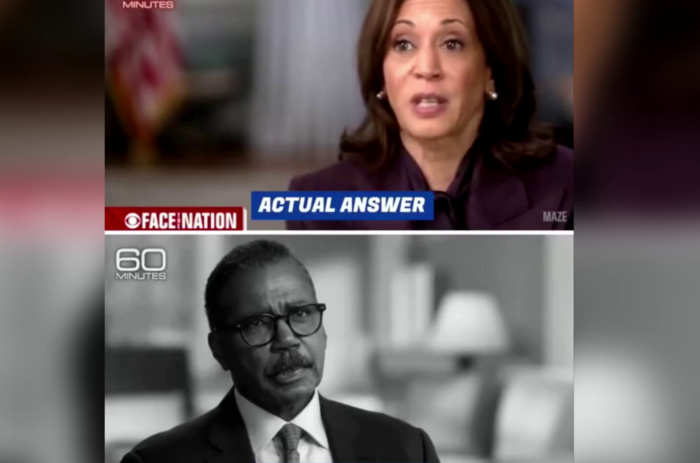redo Jump to...
print Print...
Directions
-Read the excerpt below from HonestReporting.com.
-Read "Types of Media Bias" in the right column. Then answer the questions.
From a post at HonestReporting.com (original post date 11/15/12):
What happens when the cameras turn up at the scene of an [Israeli] airstrike in Gaza and there simply aren’t enough Palestinian dead and injured to produce dramatic footage that can be used against Israel in the international media? We’ve seen it before. Palestinians who appear to be injured or even dead for the benefit of the TV cameras turn out to be nothing of the sort once they are no longer the focus.
This is all the more so in Gaza, where Palestinian stringers are often filming in the absence of international news crews. [Stringers work for news agency on a part-time basis.]
The example below is taken from a BBC interview on the targeted killing of Hamas military commander Ahmed Jabari. During the interview (full version here), footage from Gaza is shown. At 2:11 minutes in, a Palestinian in a beige jacket and black T-shirt, presumably injured in the aftermath of an Israeli airstrike, is picked up and taken away. Yet at 2:44 mins, the same Palestinian has staged a remarkable recovery.
[HonestReporting.com] has taken the relevant footage so that you can see for yourself.To accurately identify different types of bias, you should be aware of the issues of the day, and the liberal and conservative perspectives on each issue.
Types of Media Bias:Questions
1. What do you think of the BBC’s use of a video which uses fake injured Palestinians? (Were the editors: sloppy/careless, not concerned with factual reporting, knowingly using video reports from unreliable sources, etc.?)
2. Do you think the video accompanying BBC’s news report is an example of bias by spin, story selection, or it was just a mistake on the part of the BBC? Explain your answer.
3. BBC News did not inform its viewers that the video they showed was made by Gazans who wish to portray a sympathetic picture of the Palestinians in Gaza. Would this cause you to question further news reports from the BBC? Why or why not?
4. When it is difficult for a staff reporter or photographer to reach a location quickly for breaking news stories, larger news organizations often rely on local stringers to provide rapid scene descriptions, quotations or photos. Should the BBC use stringers in this type of situation in the Gaza strip?
Background
THE BBC:
- The British Broadcasting Corporation (BBC) is a British public service broadcasting corporation.
- Its main responsibility is to provide impartial public service broadcasting in the United Kingdom.
- It is the largest broadcaster in the world by number of employees, with about 23,000 staff.
- Within the United Kingdom the BBC’s work is funded principally by an annual television license fee, which is charged to all British households…which have TV; the level of the fee is set annually by the British Government and agreed by Parliament (it is $232.55 per household)



